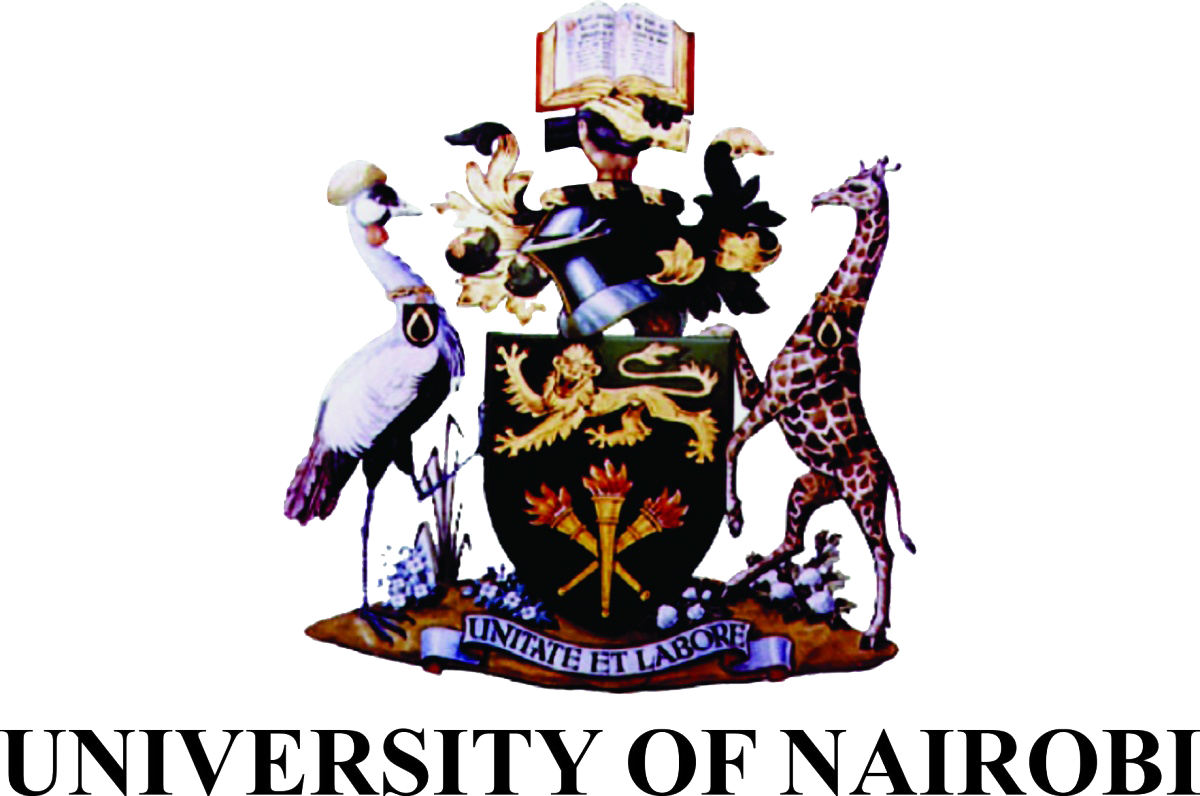Upgrading Urban Informal Settlements: Housing and Infrastructure for All
The project uses a transdisciplinary approach to upgrading urban informal settlements to deliver secure, affordable housing, and core infrastructure and services.
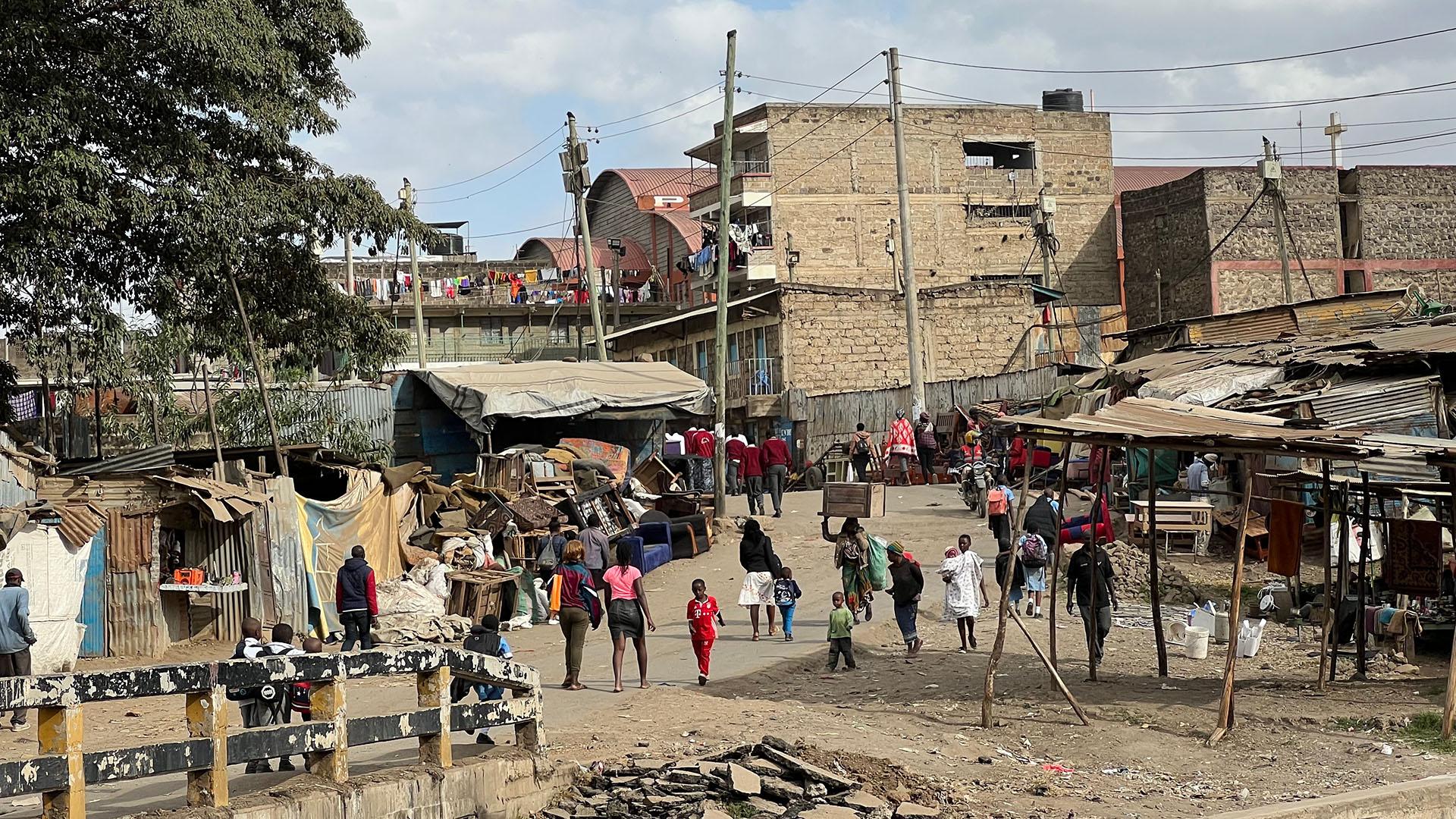
The Challenge of Slums and Informal Settlements
Cities across the Global South are struggling with rapid urbanization and the proliferation of informal settlements. In sub-Saharan Africa (SSA), the number of people living in slums increased by approximately 106 million people between 2000 and 2018. Existing efforts and investment in African cities, where infrastructure provision is the lowest in the world, are inadequate. Individuals and households living in informal settlements face a daily struggle to access basic services such as water, sanitation, and energy. When residents lack access to infrastructure and services, they develop coping mechanisms: providing their own services and purchasing services from informal providers. It is well documented that the poor pay more for lower quality services (the "poverty penalty"), and this creates health risks and economic inefficiencies for everyone in the city.
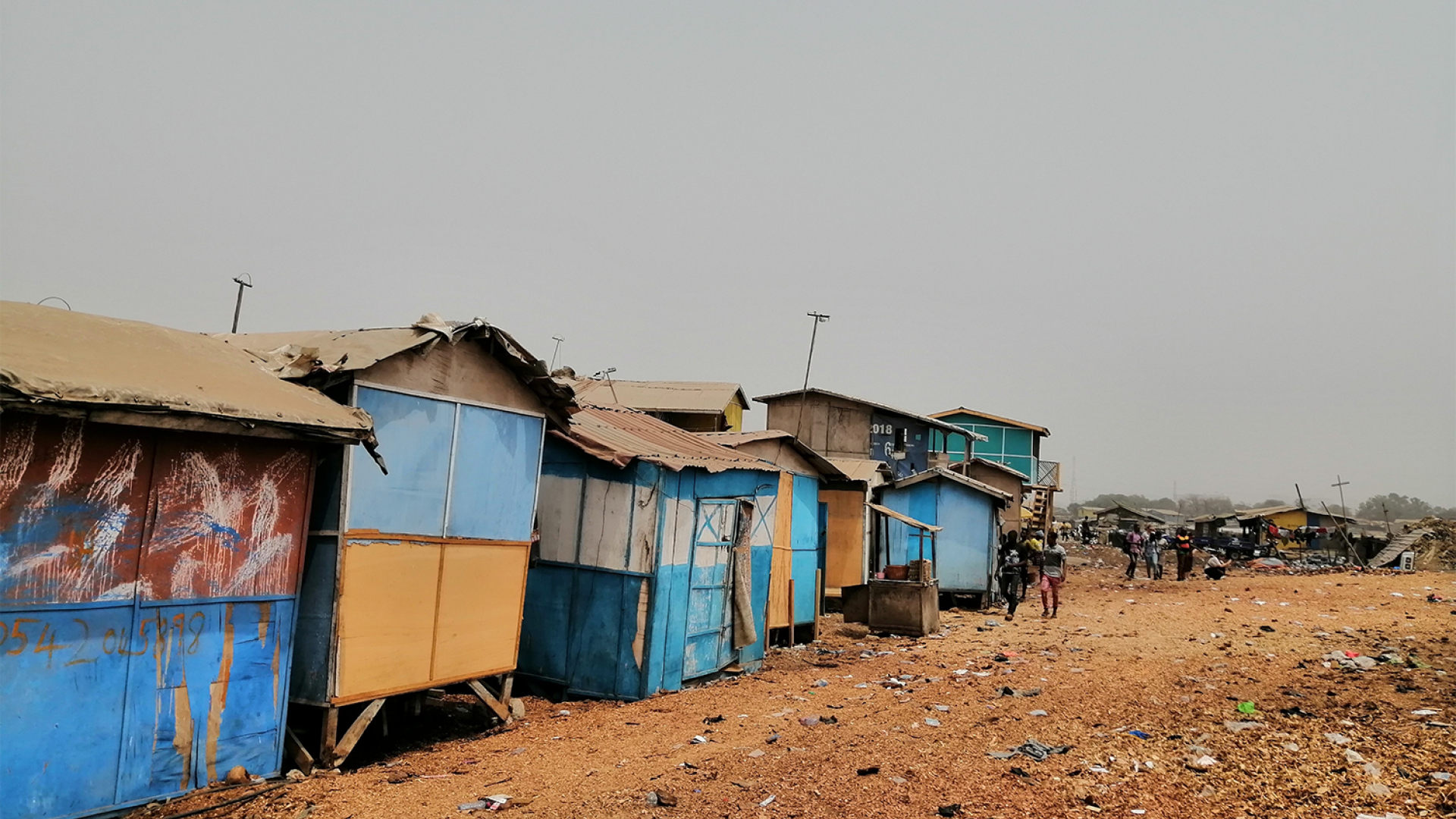
A New Way Forward
The solution is citywide, participatory, in situ informal settlement upgrading. This has worked in Asia and Latin America. For decades, African governments saw evictions as the solution to informal settlements, while funding has been used to build unaffordable housing that has not scaled. Efforts to upgrade urban informal settlements in sub-Saharan Africa have been top-down, lacking meaningful community participation and flexibility around zoning, land use, and building regulations that have benefited the poor in other regions. This policy context has now changed. Sub-Saharan governments are increasingly supportive of improving informal settlements in situ because they understand that economic growth and development is tied to well-functioning cities.
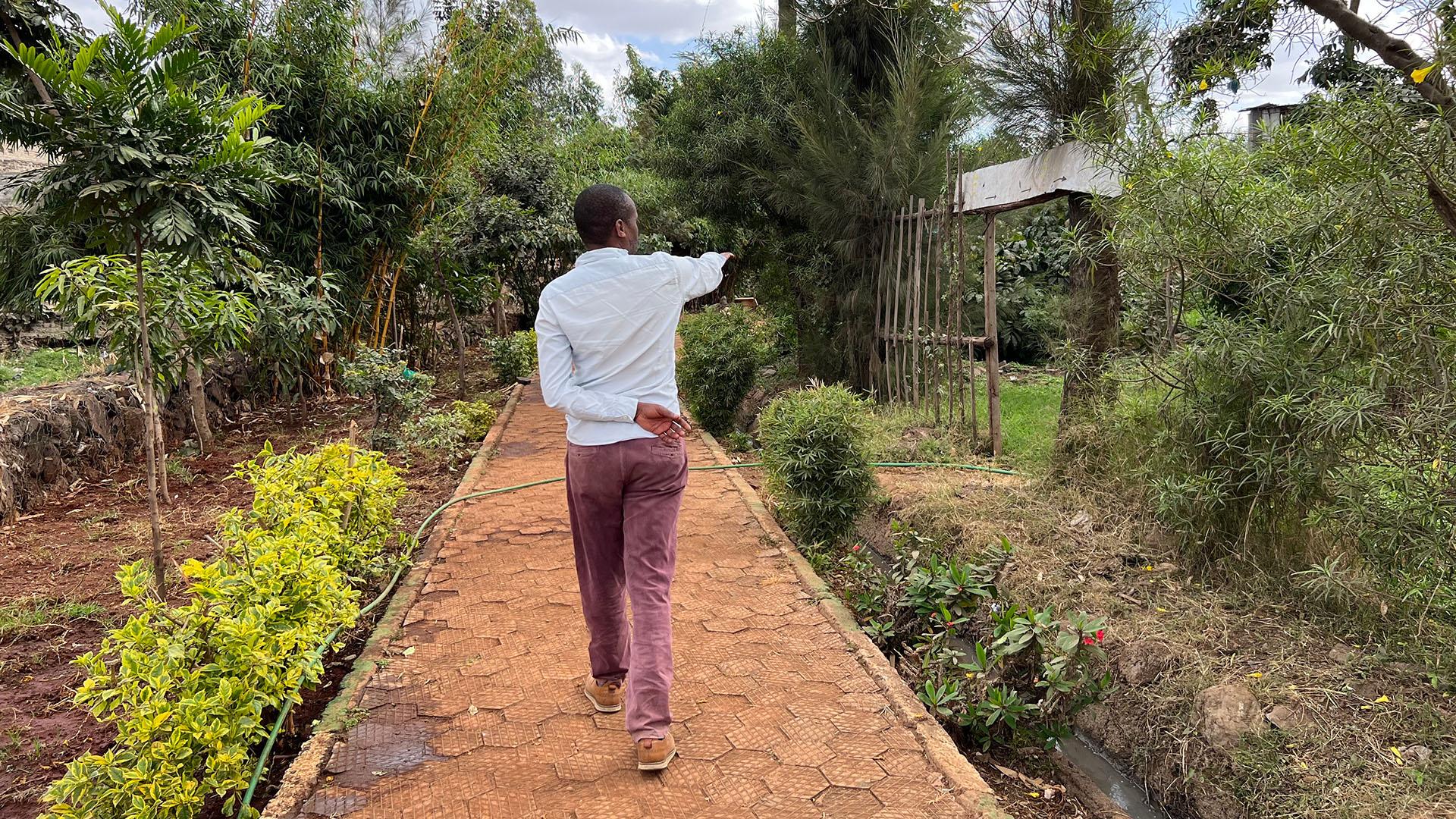
A Transdisciplinary Approach
Informal settlement upgrading is complex. It requires a nuanced understanding of the urban built environment, political and institutional dynamics, as well as community knowledge built on relationships of trust. For far too long, local residents and stakeholders have been excluded from the urban development decision-making process that impacts the design of their cities and neighborhoods. Foundational to the project is a commitment to a transdisciplinary approach to community-led planning and building.
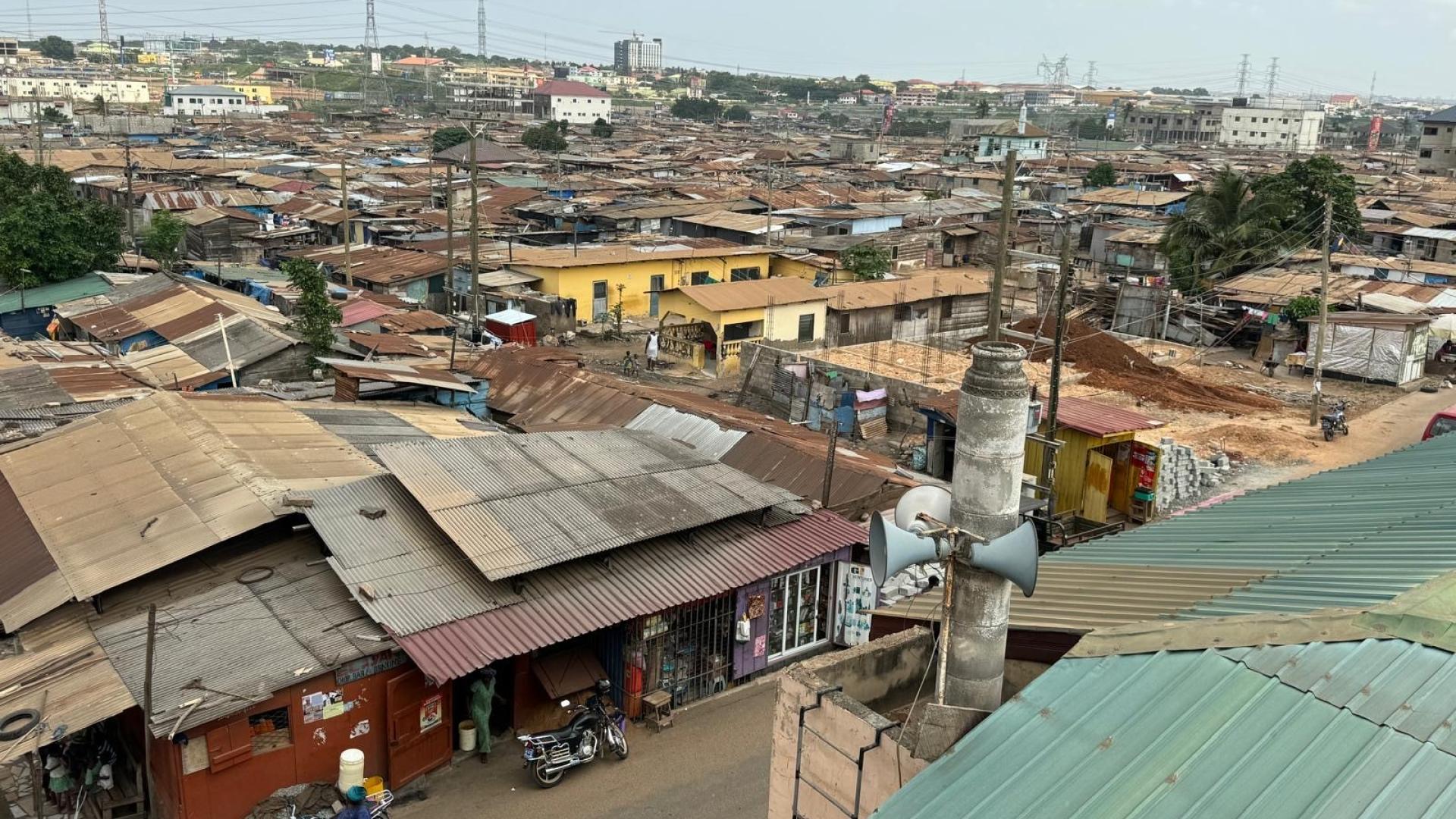
A Collective Effort
The Cornell Mui Ho Center for Cities brings faculty research and expertise on urban planning, policy, and the built environment to expand the work of Slum Dwellers International (SDI). SDI is a global network of and for the urban poor dedicated to realizing inclusive African cities where all residents have access to dignified housing, core infrastructure and services, and opportunities for economic security. SDI works with affiliates in 16 countries and 199 towns across Africa. The Center for Cities also partners with lead academics at the University of Ghana and the University of Nairobi.




